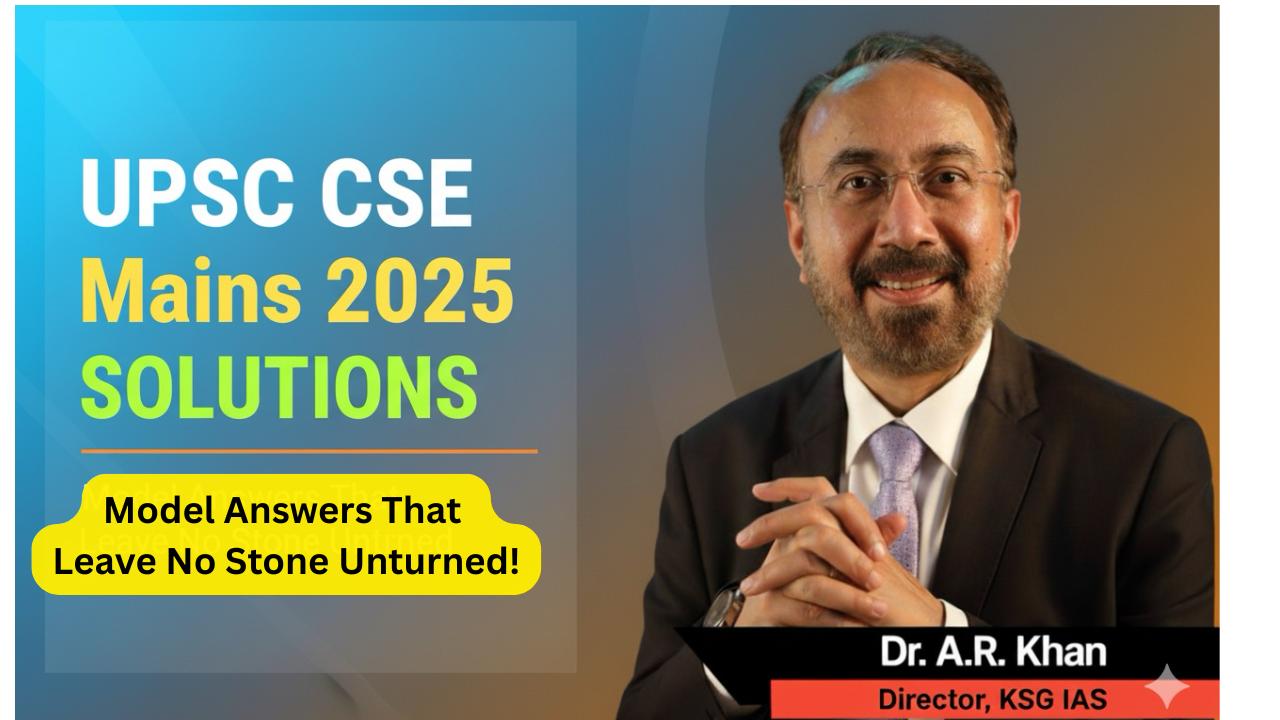Q7. Vijay was Deputy Commissioner of remote district of Hilly Northern State of the country for the last two years. In the month of August heavy rains lashed the complete state followed by cloud burst in the upper reaches of the said district. The damage was very heavy in the complete state especially in the affected district. The complete road network and telecommunication were disrupted and the buildings were damaged extensively. People’s houses have been destroyed and they were forced to stay in open. More than 200 people have been killed and about 5000 were badly injured. The Civil Administration under Vijay got activated and started conducting rescue and relief operations. Temporary shelter camps and hospitals were established to provide shelter and medical facilities to the homeless and injured people. Helicopter services were pressed in, for evacuating sick and old people from remote areas. Vijay got a message from his hometown in Kerala that his mother was seriously sick. After two days Vijay received the unfortunate message that his mother has expired. Vijay has no close relative except one elder sister who was US citizen and staying there for last several years. In the meantime, the situation in the affected district deteriorated further due to resumption of heavy rains after a gap of five days. At the same time, continuous messages were coming on his mobile from his hometown to reach at the earliest for performing last rites of his mother.
(a) What are the options available with Vijay?
- Leave immediately: Depart for his hometown in Kerala to perform the last rites of his mother without worrying about the rains as it is a personal tragedy.
- Delay departure temporarily: Continue supervising relief work for a few more days until the immediate crisis stabilises, and ask his sister to come to Kerala to look after all the arrangements as being a civil servant it is his duty to work for the people of his district in this hour of disaster.
- Hand over charge immediately: Delegate work to a subordinate officer, provide clear instructions and remote guidance, and then leave for hometown.
- Stay back fully: Remain in the affected district, supervise relief work, and not go for the last rites.
- Seek middle ground: Request State Government to temporarily depute a senior officer from headquarters or neighbouring district, so he can leave for a short period and return after performing the rituals. Coordinate with his team about the immediate next steps and share with them the reason for his departure.
(b) Ethical dilemmas faced by Vijay
- Duty vs. Family Obligation: As Deputy Commissioner, he is the head of district administration responsible for thousands of lives. As a son, he has the moral duty to perform his mother’s last rites, especially since there is no other close relative present.
- Public Service vs. Personal Grief: Should he prioritise disaster management or his personal emotional needs?
- Societal Perception: If he leaves, he may be perceived as an officer who left people to suffer at such a difficult time; if he doesn’t, he might be perceived as a son who did not care about his mother even on her death.
- Prevent further deaths vs. attend last rites: Should he focus on prevention of further deaths and injuries by being present on the ground or mourn the loss at home?
- Leadership Continuity vs. Delegation of Responsibility: Can he entrust responsibilities to his subordinates or does his physical presence remain indispensable?
(c) Critical evaluation of options
- Leave immediately
Pros: Fulfils moral and religious duty as son; provides closure.
Cons: Neglects administrative responsibility at the peak of crisis; could demoralise subordinates and erode public trust. Not appropriate. - Delay departure temporarily
Pros: Ensures immediate relief measures stabilise before leaving.
Cons: May miss culturally significant rituals; family may feel neglected. Personally unsatisfactory. - Hand over charge immediately
Pros: Upholds personal duty as son; administration continues through delegation.
Cons: Subordinates may lack authority and efficiency in fast-changing crisis. May create confusion. - Stay back fully
Pros: Absolute dedication to public duty; ensures continuity of leadership.
Cons: Neglects basic moral duty to family; emotional guilt may impair efficiency. Imbalanced approach. - Request temporary deputation of senior officer
Pros: Balances both duties; ensures district administration has capable leadership while he attends last rites; demonstrates ethical leadership.
Cons: Possible short administrative delay during transition. Most balanced option.
(d) Most appropriate option
The best course for Vijay is Option 5 — requesting temporary deputation of a senior officer while attending his mother’s last rites. It harmonises public duty with personal obligation, upholds justice and compassion, and shows ethical maturity by ensuring continuity of administration while fulfilling familial responsibilities. This balances Kantian deontological duty to both office and parent, prevents long-term psychological stress, and maintains public trust.

